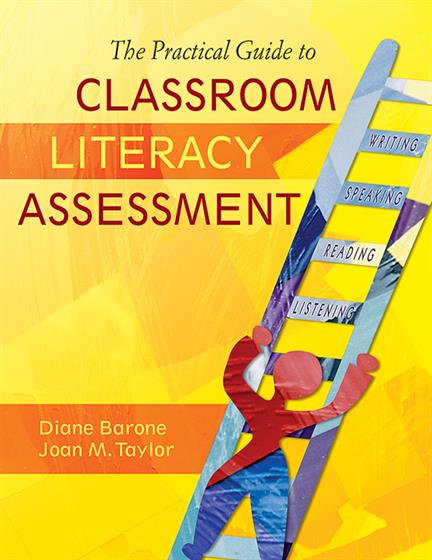Hands-on, Practical Guidance for Educators
From math,
literacy, equity, multilingual learners, and SEL, to assessment, school counseling,
and education leadership, our books are research-based and authored by experts
on topics most relevant to what educators are facing today.

The Practical Guide to Classroom Literacy Assessment
Use assessment to meet the strengths and needs of students and enhance learning!
The authors present multiple ways to provide ongoing formative assessment and improve overall literacy learning by integrating assessments and instruction. With information about specific multiple formats, testing content, and procedures to help failed students, this handy, indispensable guide discusses:
- Classroom cases and conversations based on actual events
- Assessments in math and science literacy
- How to prepare students for standardized tests
- Practical help for portfolios
- Rubric construction tips
- How to tap and assess oral literacy
Product Details
- Grade Level: K-12
- ISBN: 9781412939140
- Published By: Corwin
- Year: 2006
- Page Count: 192
- Publication date: December 04, 2006
Review Copies
This book is not available as a review copy.



